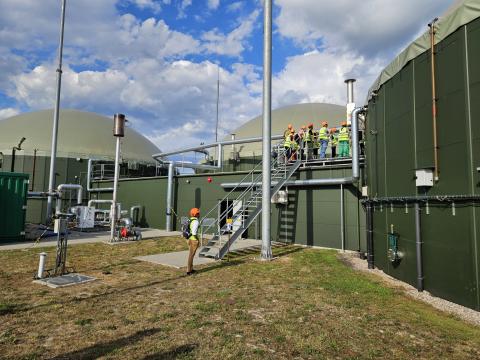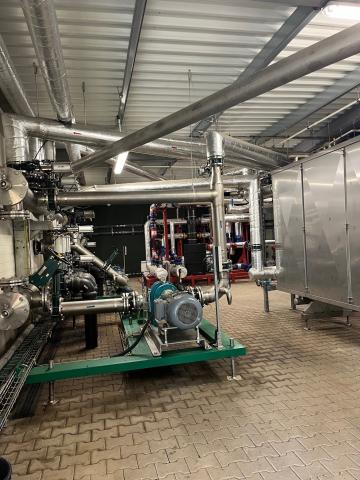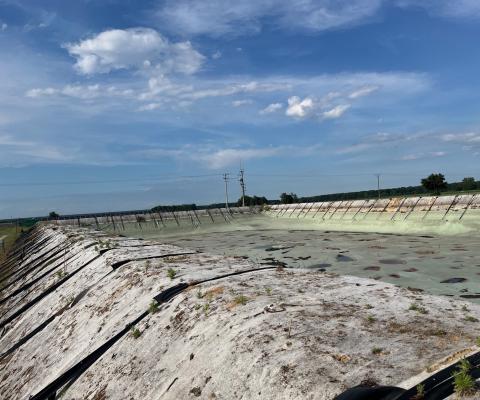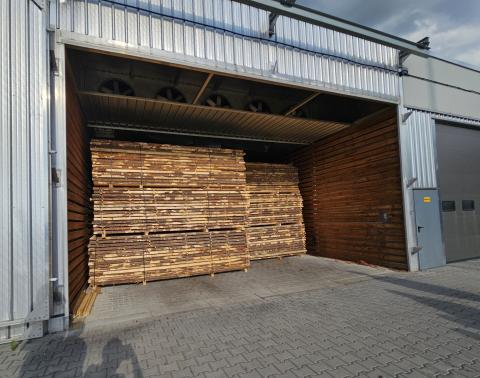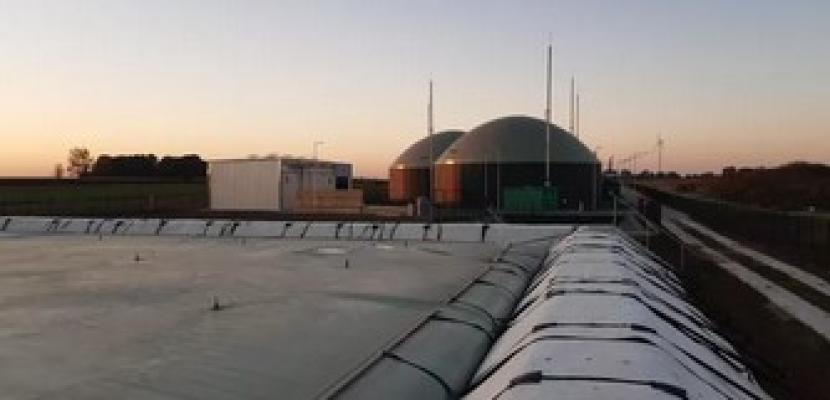
Zawady - agricultural biogas power plant

About this good practice
The completed investment seems to be an effective response to many problems related to rural areas, e.g.: interruptions in access to energy, environmental pollution and waste management. The investment enables the production of green electricity and heat in cogeneration. It also ecologically processes waste from agri-food processing (including unsold fruit and vegetables or other types of unused food).
The produced agents improving soil properties (fermentation) are successfully used by farmers as a substitute for artificial fertilizers.
Thanks to the implementation of the investment, the overall production of electricity in the country increases, the share of renewable energy sources in energy production in Poland and the region increases, the condition of the natural environment improves, energy security increases and the level of waste management increases.
The annual production of electricity is 8348 MW, and heat - 8832 MWh. Electricity is sold to the power grid, and the heat is mainly used for the own needs of the biogas plant and wood drying plant from nearby sawmills (2 chambers with a capacity of 112 m3 each). Biomass is collected from local farmers. The produced fermentation mass is sold.
Beneficiaries: Local community, local entrepreneurs, farmers.
The French energy company TotalEnergies took over the Polish Biogas Group as of March 6, 2023. Since the company was founded in 2007, the initiative has been Poland.
Expert opinion
Resources needed
Biogas plant - the value of the project is PLN 18,193,041.42.
The amount of funding from European Funds is PLN 5,653,942.59.
Photovoltaic farm - the value of the project is PLN 2,698,312.50.
The amount of funding from European Funds is PLN 928,795.50.
Evidence of success
In addition to actions taken towards sustainable development (generation of electricity, heat and system services from biogas and other renewable distributed energy sources), it also develops the aspect of social involvement, especially at the local level. By: supporting pro-ecological initiatives, influencing the development of local social capital, building pro-ecological attitudes in the context of the need for energy transformation and the role of low-emission economy.
Potential for learning or transfer
Educational activities, such as organizing educational trips for residents of areas where new investments are planned, help to increase awareness and understanding of the benefits of biogas plants and the use of alternative energy sources. Conducting such activities allows for limiting residents' protests regarding the location of such investments.
Experiences related to the construction and operation of agricultural biogas plants, combined with the observed uncertain energy situation in the world, will result in the creation of more such CHP plants.
Use of digestate as a natural substitute for artificial fertilizers. The increase in the prices of mineral fertilizers and the observed negative impact of the production and use of synthetic fertilizers on the environment contribute to the growing importance of natural and alternative fertilizers in agriculture.
Focusing on the processing of waste from agri-food processing is a response to ecological and energy problems in rural areas.
Further information
Images
Website
Good practice owner
You can contact the good practice owner below for more detailed information.

